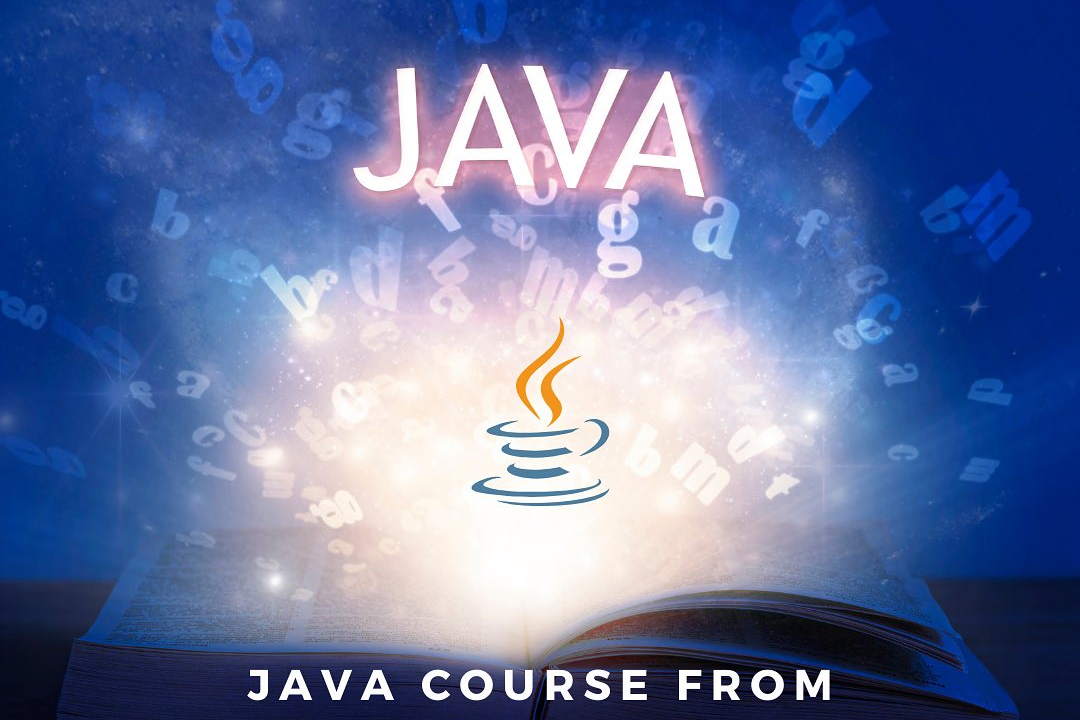Why Java Is Pure Object Oriented Language
Exploring Why Java Is Considered a Pure Object-Oriented Language
Why Java Is Pure Object Oriented Language
Java is considered a pure object-oriented language because almost everything in Java is an object, which allows for a more organized and modular approach to programming. This makes it easier to create reusable code, maintain code, and implement complex applications. Objects in Java encapsulate data and behavior, promoting the principles of encapsulation, inheritance, polymorphism, and abstraction. Additionally, Java supports features like classes, objects, inheritance, and polymorphism, which are fundamental concepts in object-oriented programming. Overall, Java's object-oriented nature enhances code reusability, maintainability, and extends support for building robust software applications.
To Download Our Brochure: https://www.justacademy.co/download-brochure-for-free
Message us for more information: +91 9987184296
1 - In Java, everything is treated as an object: Java is considered a pure object oriented programming language because it follows the principle of “everything is an object.” This means that every piece of data or code in Java is represented as an object.
2) Encapsulation: Java supports encapsulation, which is the bundling of data with methods (or functions) that operate on that data into a single unit. This helps in making the code more secure and manageable.
3) Inheritance: Java allows classes to inherit attributes and methods from other classes, promoting reusability of code and supporting the concept of “is a” relationships.
4) Polymorphism: Java supports polymorphism, which allows objects to be treated as instances of their parent class or interface. This promotes flexibility in designing systems and implementing changes.
5) Abstraction: Java provides the ability to define abstract classes and interfaces, which allow developers to define a common set of methods that must be implemented by child classes. This promotes code organization and modularity.
6) Class based: Java is based on classes and objects, with classes serving as blueprints for creating objects. This promotes code reusability and maintainability.
7) Dynamic: Java supports dynamic memory allocation, making it easier to manage memory resources during program execution.
8) Strongly typed: Java is a strongly typed language, meaning that variables must be declared with a specific data type. This helps in catching errors at compile time and promoting code reliability.
9) Exception handling: Java provides built in support for exception handling, allowing developers to handle errors and abnormal conditions gracefully.
10) Garbage collection: Java has a built in garbage collection mechanism that automatically manages memory allocation and deallocation. This helps in preventing memory leaks and improving application performance.
11) Multi threading: Java supports multi threading, allowing developers to create programs that can execute multiple tasks concurrently. This promotes efficiency and responsiveness in applications.
12) Platform independence: Java programs can run on any platform that has a Java Virtual Machine (JVM) installed, making it a platform independent language.
13) Standardized APIs: Java provides a rich set of standard APIs for various functionalities such as networking, database access, GUI development, etc., which helps in reducing development time and effort.
14) Community support: Java has a large and active community of developers, which ensures access to resources, tools, and support for students learning the language.
15) Industry relevance: Java is widely used in the industry for developing web applications, mobile apps, enterprise software, and more. Learning Java can open up numerous opportunities for students in the job market.
Considering these aspects, our training program for students will cover all these fundamental concepts of Java programming, ensuring a strong foundation for them to build their skills and expertise in the language. We will provide hands on exercises, projects, and mentorship to help students grasp the core principles and practical applications of Java effectively.
Browse our course links : https://www.justacademy.co/all-courses
To Join our FREE DEMO Session: Click Here
Contact Us for more info:
- Message us on Whatsapp: +91 9987184296
- Email id: info@justacademy.co
Difference Between Set And Dictionary In Python












